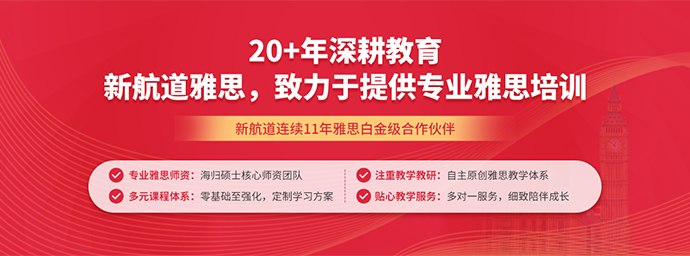
The Daily Telegraph has learnt that as many as one-in-five universities and higher education colleges are staging their own entrance exams to pick out the best candidates.
In many cases, students are being asked to sit aptitude tests to get into the most sought-after institutions.
The disclosure will fuel fears that universities are struggling to identify the most able applicants from a huge rise in school-leavers with straight As at A-level.
But other institutions are also staging more basic literacy and numeracy exams just to make sure teenagers have a decent grasp of the three-Rs before starting a degree.
It comes as record numbers of students chase higher education places next year.
According to the latest figures, an unprecedented 181,814 candidates completed applications by the end of November – a rise of almost 12 per cent compared with the same point last year.
If the trend continues into 2011, almost 240,000 applicants could be left without places.
The scramble comes as students attempt to get into university before a sharp rise in tuition fees in 2012.
Prof Alan Smithers, director of the Centre for Education and Employment Research at Buckingham University, said growing numbers of admissions tutors no longer trusted A-level results.
“It’s a great pity that universities are having to introduce their own entrance exams,” he said.
“On the one hand it is comment on the ability of A-levels to distinguish between students at the top end.
“On the other, it shows that universities don’t believe that students are literate or numerate enough to take some courses, even if they’ve passed their GCSEs and A-levels.”
In a report, researchers surveyed some 306 universities and higher education colleges.
The study, by the organisation Supporting Professionalism in Admissions (SPA), which advises universities on admissions policies, found that 21 per cent used tests to dictate entry to some subjects.
It was up on around 16 per cent two years ago and the same as the number in 2009/10.
Researchers insisted it still only accounted for a small proportion - around one per cent - of the 43,360 courses on offer next year.
But the disclosure will add to growing concerns that GCSE or A-level results alone are not enough to gauge a candidate’s suitability for courses.
Students taking medicine and law are normally required to sit entrance exams to get into the most selective universities. The National Admissions Test for Law must be passed to study the subject at Birmingham, Bristol, Durham, Glasgow, Kings College London, Nottingham, Oxford and University College London.
Other universities, including Oxford, Cambridge, UCL, set their own exams for some courses.
Cambridge’s thinking skills assessment – a 90 minute multiple choice aptitude test – is needed to study computer science, economics, engineering, land economy, natural sciences and politics, psychology and sociology (PPS). Students need to sit an admissions test or submit written work to get on to 29 courses at Oxford, the SPA survey said.
But candidates also have to pass entrance tests to get into less selective universities.
According to the SPA, students attempting to take undergraduate teacher training degrees at Gloucestershire need to sit English and maths tests and some courses at Bournemouth University require a “maths and logic” exam.
Students must take a written English test to study journalism at Kent and those attempting to study occupational therapy at London South Bank have to complete a writing, grammar and problem-solving assessment.
Kingston University requires students applying to aircraft engineering to take a one-hour maths and physics paper, while those attempting to read social work must sit a literacy and “case study comprehension” test.
The rise of university entry tests coincides with an increase in A-level results. According to figures, a record 27 per cent of exams were awarded an A grade this year.
Some one-in-12 papers scored an elite A* grade introduced for the first time this year to pick out the brightest candidates.
On its website, SPA said: “Some higher education institutions use admissions tests to aid differentiation between the most able applicants.
“A test score in this context has become more significant because of concerns about the high numbers of candidates who achieve high grades in qualifications, eg. the increasing number of A grades at A level.
“Tests may also focus upon skills and aptitudes that are not assessed through academic attainment.”






